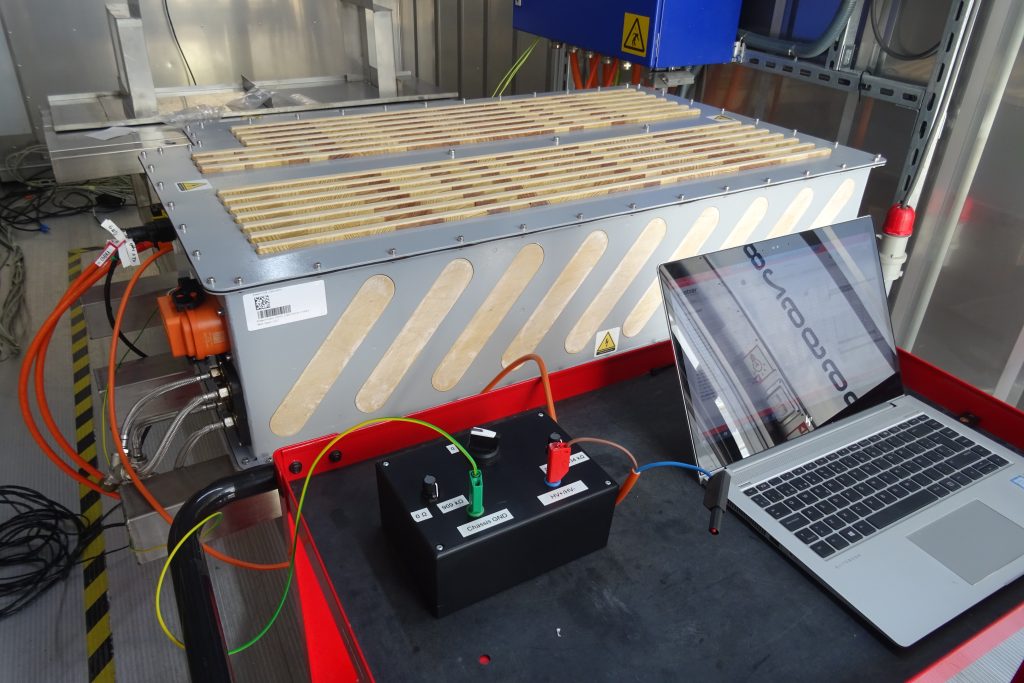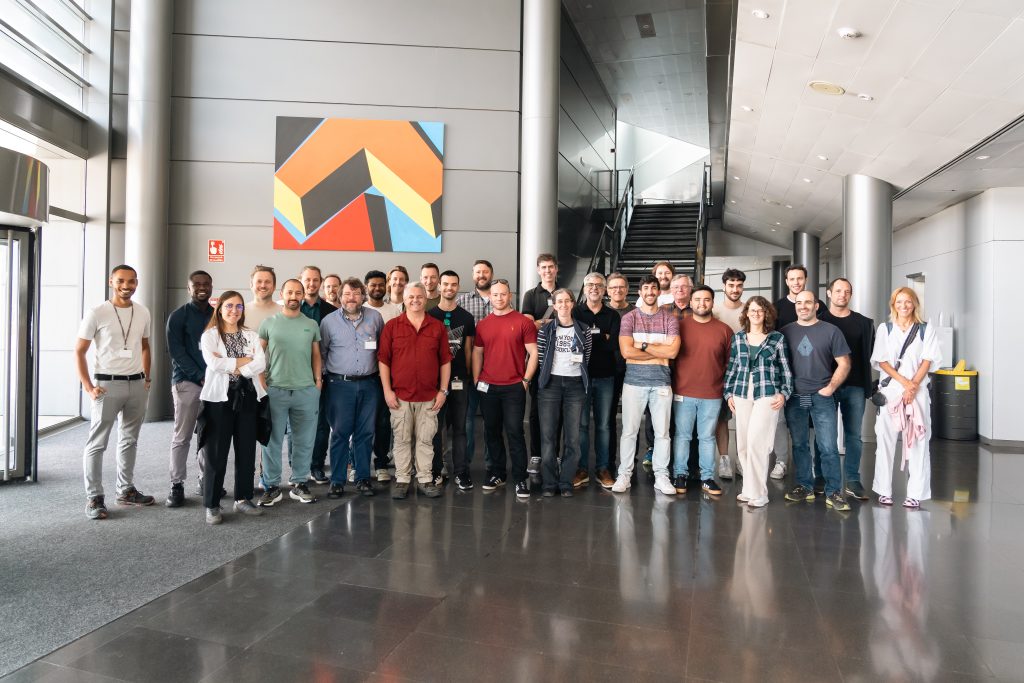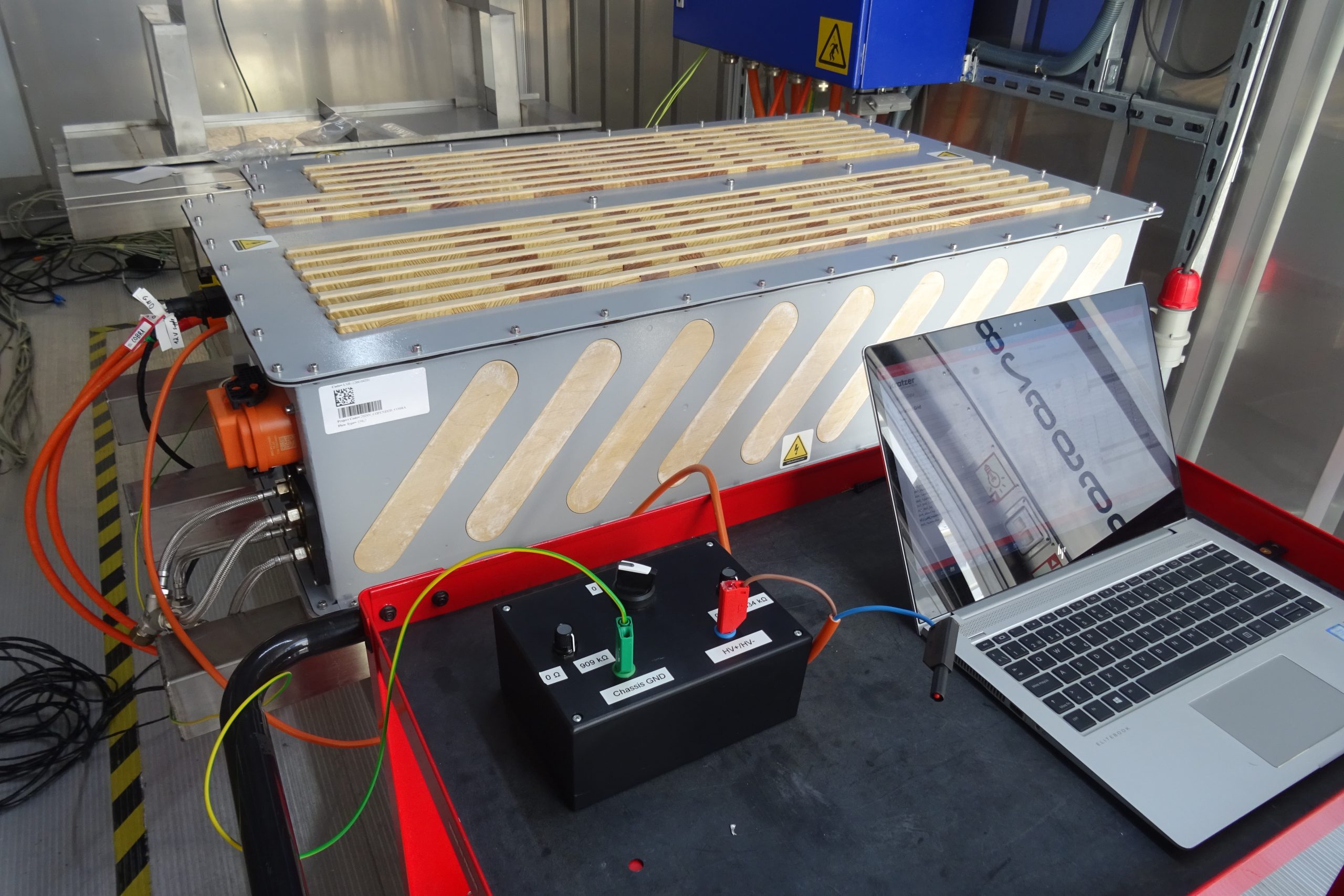European consortium creates a lighter and safer automotive battery system - the COBRA project
PRESS RELEASE – JUNE 26, 2024
A European consortium of eighteen partners from the automotive industry, research, and technology specialists, has developed a complete cobalt-free lithium-ion battery system for electric vehicles. This system integrates a series of innovations in safety, control, and efficiency, intended for the next generation of batteries.
With a budget of twelve million euros, the COBRA project, co-financed by the European Commission, has completed four years of this “ambitious plan” with a full demonstration of the system. The battery pack, designed to be lighter, also incorporates innovative sensors, algorithms, and communications developed by the initiative.
According to Lluis Trilla, senior researcher at the Catalonia Institute for Energy Research (IREC), the lead partner of the project, the most complex challenge has been “the integration of all the innovations” into a “single demonstrator” made with materials such as treated wood and recycled aluminium, which have reduced its external weight by 30% compared to other batteries.
“The most interesting novelty is the innovative design of the BMS -Battery Management System- that incorporates internal wireless communications in the system, executing a series of algorithms and advanced models within the battery,” Trilla explained. “A lot of sensors” have been added to obtain “greater control” of the system.
The complete battery system, consisting of 96 individual cobalt-free lithium-ion cells, contains temperature, deformation, and impedance sensors that inform the user about its status. Additionally, a pressure sensor and a gas detector can detect any internal reaction, providing useful information for monitoring its operation at all times.
Iván Viáfara, an engineer from the Applus+ IDIADA Battery Systems Department, considers this 400-volt demonstrator – the standard for batteries – to be “functional and relevant” since tests on the prototypes at the voltage and capacity level, although slightly lower than the standard, are applicable to the industry.
The Spanish company, specialised in design, engineering, and certification services for the automotive industry, has been responsible, in collaboration with other consortium members, for planning and executing a set of tests for validating the prototype. To carry out this task, they adapted their internal system for conducting electrical safety, performance, and durability tests.
“Wood, one of the components that make up the battery casing in addition to recycled aluminium, performed very well in the ‘Thermal propagation’ test, which involves overheating a battery cell at extreme temperatures to check how it responds. The results were quite positive,” Viáfara said, referring to tests based on Regulation No. 100 of the United Nations Economic Commission for Europe.
Currently, the entire system is at TRL 6 on the scale measuring the maturity of a technology. However, both experts expect that in the coming years, it will be possible to reach TRL 9 – a system successfully tested in a real environment – and that by 2030 some of these innovations can be applied to achieve more sustainable, efficient batteries with optimal performance.
“Now that everything has been developed, we are going to try to ensure that the project has continuity and that this really does not remain in a drawer,” said Trilla.
COBRA is a project within the BATTECH initiative, the R+D+i reference center for batteries in Southern Europe.


If you’d like to reach out to one of the partners, contact cobra@baxcompany.com or visit our X and LinkedIn channels.

